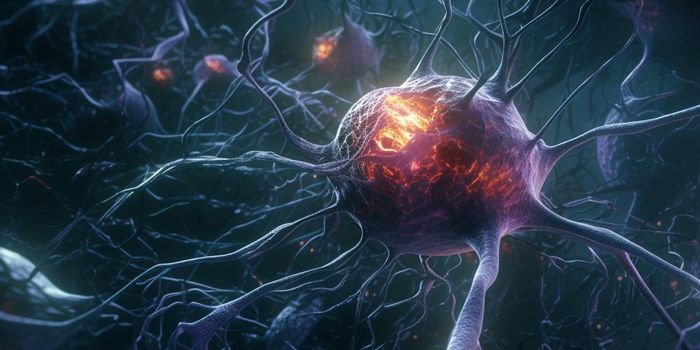
A study conducted at the University of Chicago's Center for Personalized Therapeutics has shown remarkable results in eliminating human tumors that have been transplanted into mice. The new research, reported in the journal Science Translational Medicine, highlighted two drugs that were extremely effective and produced little or no side effects.
The drugs, OTS964 and its precursor OTS514, were given to mice that had been implanted with human cancer tumors. The drugs were given in two forms, intravenously and orally. Initially, the drugs showed toxicity to red and white blood cells, however once it was encased in liposomes, this toxicity was eliminated in the intravenous form and easily managed in the oral form.
The molecular target of this drug has been known for over a decade. TOPK (T-lymphocyte-activated killer cell-originated protein kinase) has always been associated with tumor growth. The protein is present in many kinds of human cancers, but the study looked at an especially aggressive lung tumor, LU-99. Researchers grew the tumors on the mice to 150 cubic millimeters and then injected the mice with OTS964, twice a week for three weeks. In five out of six of the mice, the tumors were completely eliminated. Even after the drug was stopped, the tumors continued to shrink.
The drug worked by preventing the tumor cells from dividing. TOPK is the agent that allows cancer cells to rapidly divide and spread disease. Without this protein, the cancer cells failed to divide and grow and essentially withered and died.
University of Chicago Professor of Medicine, Yusuke Nakamura, was excited by the results. "It is rare to see complete regression of tumors in a mouse model," he said. "Many drugs can repress the growth but it is uncommon to see them eradicated. This has rarely been reported."
Phase 1 clinical trials of the drug could begin as early as the fall of 2015
 A study conducted at the University of Chicago's Center for Personalized Therapeutics has shown remarkable results in eliminating human tumors that have been transplanted into mice. The new research, reported in the journal Science Translational Medicine, highlighted two drugs that were extremely effective and produced little or no side effects.
A study conducted at the University of Chicago's Center for Personalized Therapeutics has shown remarkable results in eliminating human tumors that have been transplanted into mice. The new research, reported in the journal Science Translational Medicine, highlighted two drugs that were extremely effective and produced little or no side effects.







